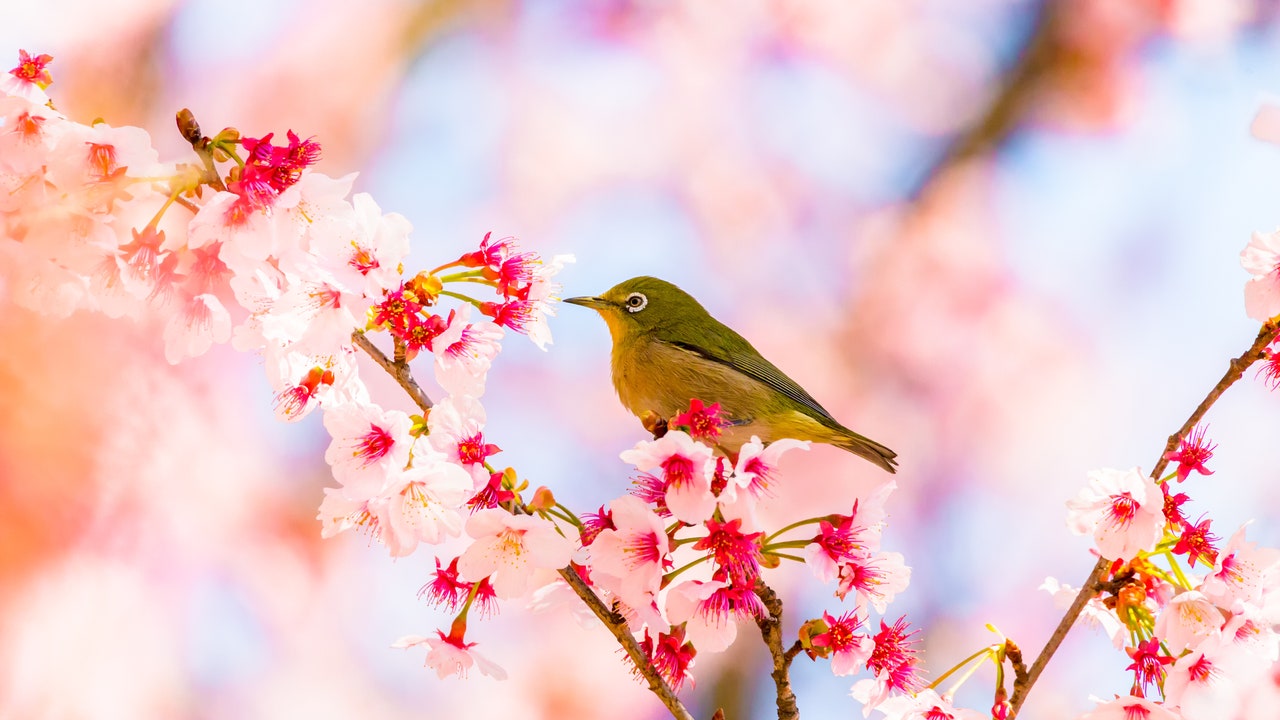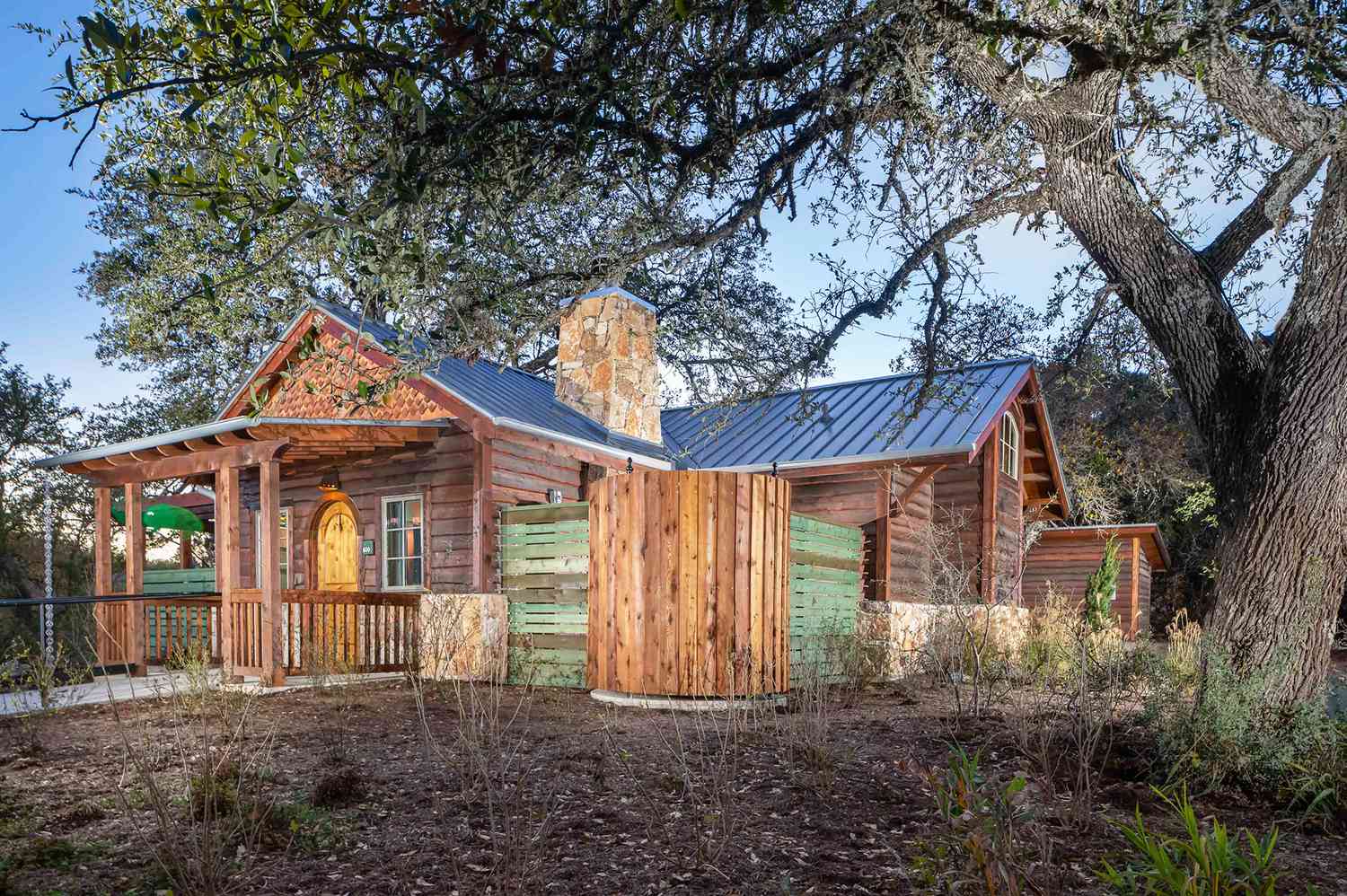Johnson soon began inviting friends, creative colleagues, and others in the city to join nature walks, hikes, and excursions centered around the city’s wildlife. Still, birdwatching is a not-so-common activity among young people. The practice is a part of Japan’s culture but far more popular with older generations, typically on less urban islands like Okinawa, Ogasawara, and Nansei. “When I told my Japanese friends about the bird watching group, they were really surprised,” Horino says with a laugh. “I think it’s just a rare activity to do [in] Tokyo. When you go further out of the city, there’s a lot of nature and mountains. But bird watching itself doesn’t really resonate.”
Johnson began placing callouts on Instagram and started a WhatsApp group, soon spreading news by word of mouth. The group swiftly saw growth to numbers over one hundred, beckoning some of the most unlikely nature fans into the outdoors. Flock attendees tend to be newbies, Johnson says, ranging from local creatives and musicians, to business professionals working in tech and those in the philanthropy sector. “This isn’t to throw any shade, but the majority scoff at first,” he says. The main perception with many first-timers, he finds, is that birdwatching is boring. “But then they’ll come and be like, ‘This is actually really nice.’”
On the bimonthly Sunday morning walks hosted by the group, hours spent watching birds are bookended with hangouts. Members start off with a group picnic, tucking into Bento boxes while introducing new faces. There’s also a brief period for sitting in silence to meditate, performing breathing exercises, and listening to the ambience of their surroundings. Led by Johnson, each walk is set in a designated park, and attendees are armed with binoculars and notebooks so they can record and identify sights as a group, before finally unwinding in a sharing circle and detailing things they’re proud of, life developments, and whatever else is on their minds.
“It’s just preserving the old pastime of enjoying the outdoors in Japan,” Johnson says. “We’re in an age where everyone loves to be glued to their phones. I think it’s so important to go offline from time to time.”
What keeps members coming to the weekend nature walks is its community. “It definitely was a real lifeline,” says 26-year-old Amara Ochefu, a Nigerian-British member who joined Flock in 2022 while working as an English teacher in the city. (Editor’s note: Ochefu is the author’s cousin.) She had never gone birding in her hometown of London, but was urged to join the Japan chapter by friends back home. She joined soon after her move, quickly met some of her closest friends via Flock, and has since toured other parts of the country in search of nature and wildlife.
“I felt like it was a safe space. You could definitely speak your mind and talk about what you’re going through, or ask for advice,” Ochefu says. “If it weren’t for them, I don’t know what I would have taken from Tokyo, what my hair would have looked like, what friends I would have made, or what my experience finding Black community would have been like.”















Leave a Reply